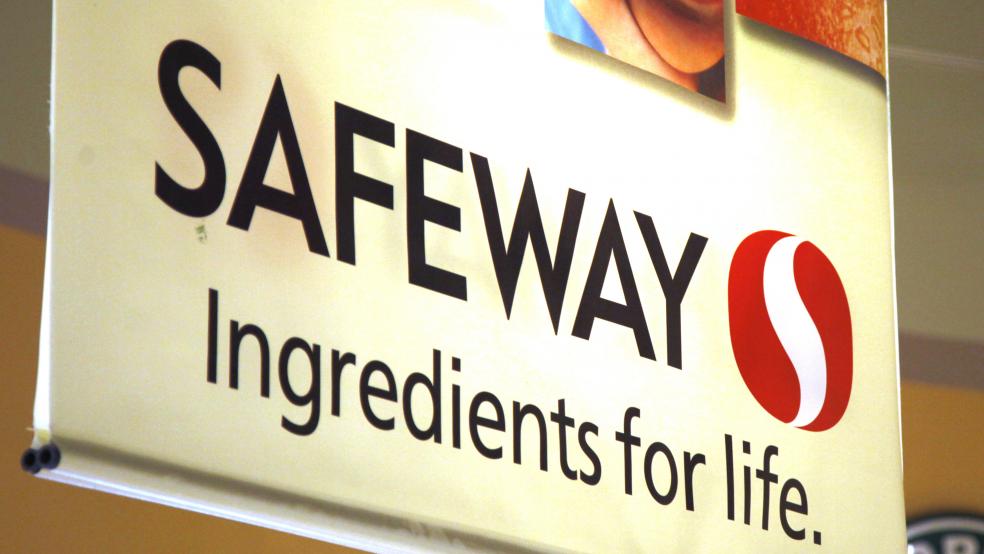What Happened: Two huge supermarket chains are merging. A group led by private equity giant Cerberus Capital Management is playing its own version of “Supermarket Sweep.” It agreed to buy Safeway, the second-largest grocery store company in the U.S., for more about $9.4 billion.
The deal will marry Safeway with Cerberus-owned chain Albertsons, the fifth-largest grocery store chain, to create a supermarket network of more than 2,400 stores and 250,000 employees. The combined company will have a huge presence on the West Coast. The buyout agreement includes a so-called “go shop” period in which Safeway and its bankers can solicit and negotiate deals with other potential acquirers like Kroger Co., the largest supermarket operator in the country.
Why It Matters: This is just the latest indication that the conventional supermarket business is being forced to change. Supermarkets have been squeezed from all sides, as behemoths like Wal-Mart Stores and Costco compete on price and more upscale chains like Whole Foods and Trader Joe’s deliver a more select assortment of products, including private-label brands, to gourmands and higher-end shoppers.
Strolling through aisle after aisle of product choices simply doesn’t appeal to shoppers like it once did; even Wal-Mart has opened up smaller format stores. At the same time, online retailers like Amazon Fresh and FreshDirect are also looking to cut into the business, promising to save customers that trip to the store entirely. Over the last decade, supermarkets have lost about 15 percent of their market share to other retailers, Supermarket News editor Phil Lempert told The Washington Post’s Wonkblog.
Related: The 12 Worst Supermarkets in America
What It Means for You: Supermarkets are probably going to keep shrinking and stocking a smaller selection. And while some consumer advocates have expressed concern that consolidation in the industry could push food prices higher, Safeway and Albertsons emphasized that the deal could benefit their shoppers. The combined Safeway and Albertsons would be able to save on purchasing and distribution costs and use those savings to lower prices and remodel stores. The companies said they don’t expect any stores to close as a result of the deal.
“Working together will enable us to create cost savings that translate into price reductions for our customers,” Albertsons CEO Bob Miller said in a statement. “Together, we will be able to respond to local needs more quickly and deliver outstanding products at the lowest possible price, more efficiently than ever before.”
Top Reads from The Fiscal Times:




